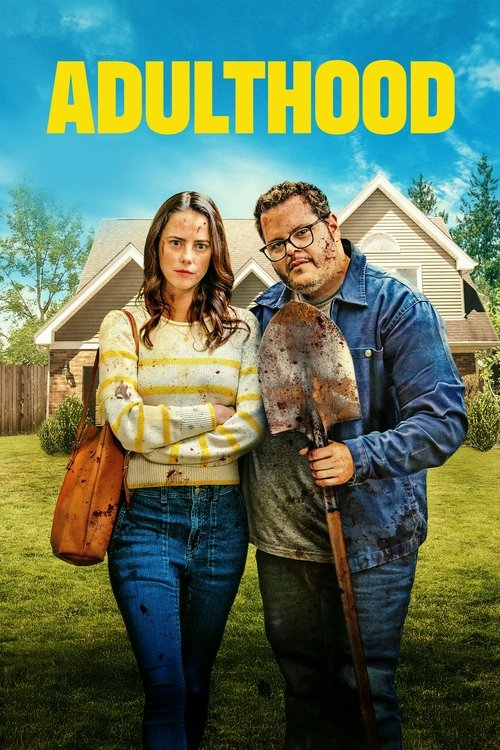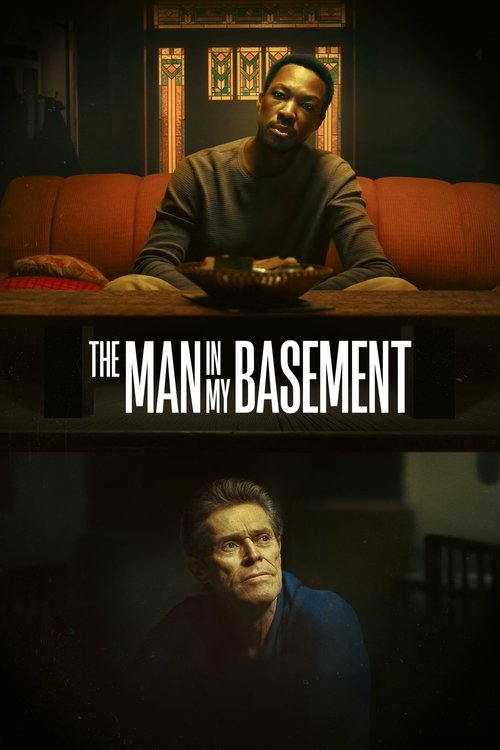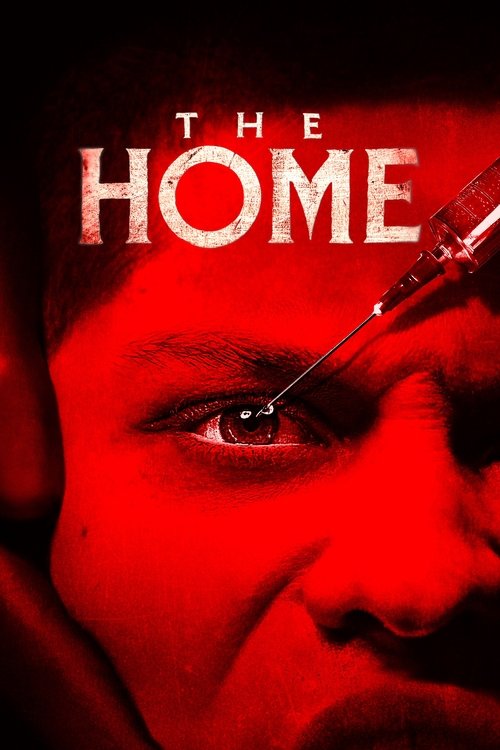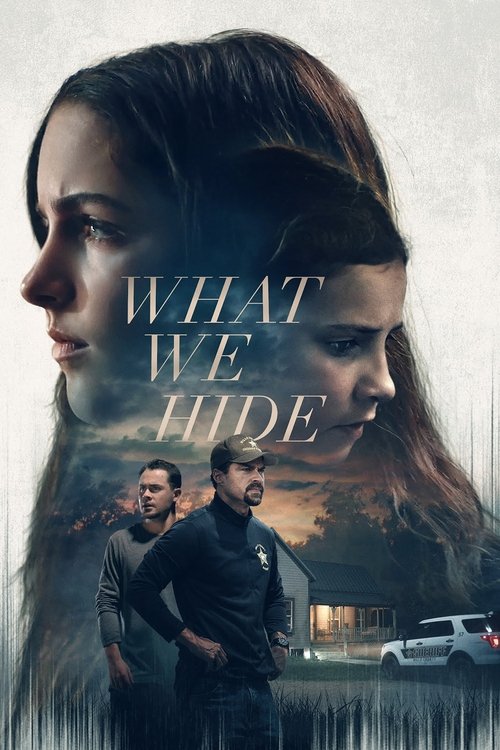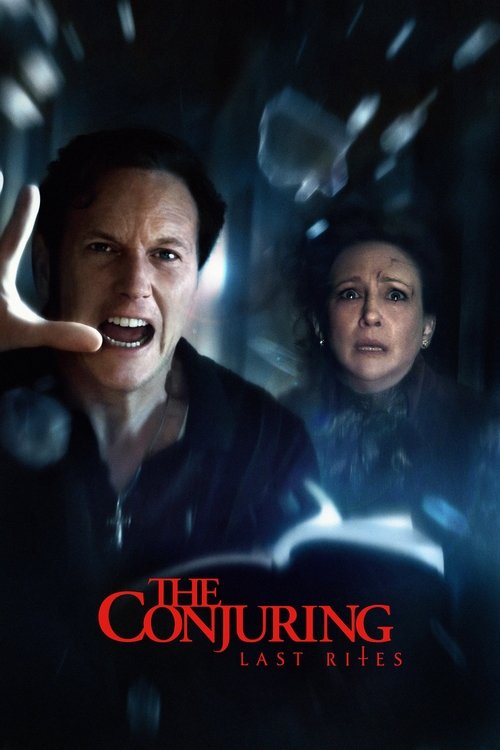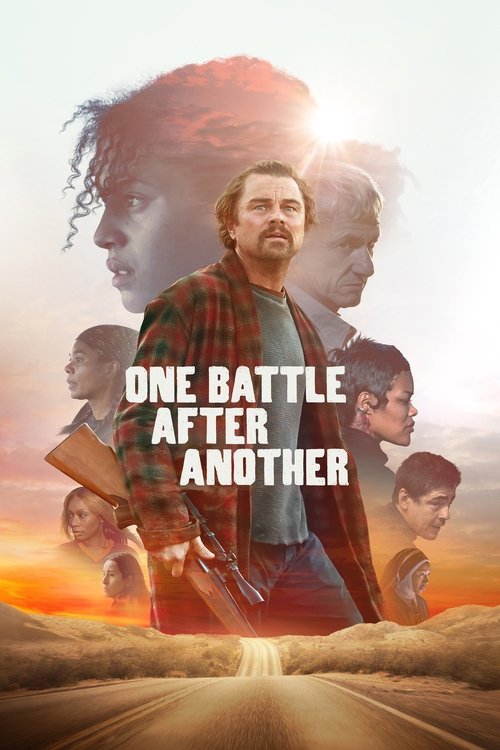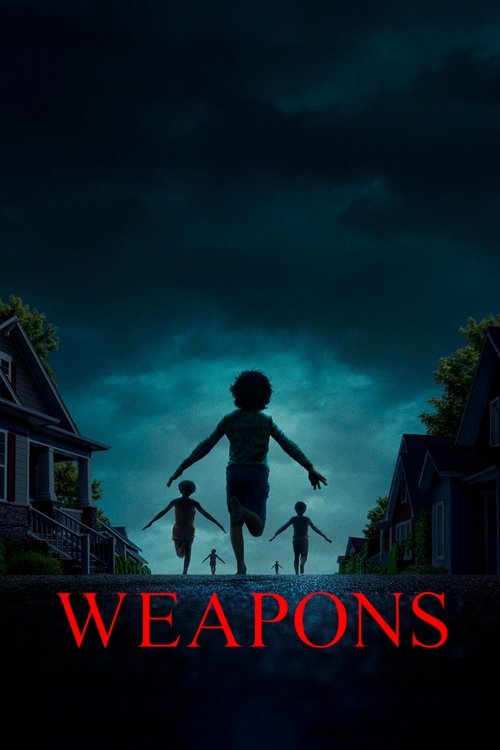
Ask Your Own Question
What is the plot?
Sorry, we aren't able to watch and write up a full detailed plot yet. Check back in a few days.
What is the ending?
At the end of Adulthood (2025), siblings Megan and Noah, after a chaotic and escalating series of attempts to hide the corpse they found in their parents' basement, face the consequences of their actions. The film concludes with their efforts unraveling, involving the police and other characters, leaving their futures uncertain but marked by the fallout of their choices.
The ending unfolds scene by scene as follows:
The climax begins with Megan and Noah still grappling with the discovery of the mummified body of their long-missing neighbor, hidden in the basement wall of their childhood home. Their mother is incapacitated in the hospital, unable to clarify the mystery, and their father is deceased, leaving them to piece together the past alone.
Noah, a struggling writer desperate for their mother's inheritance, insists on hiding the body to avoid scandal and financial ruin. Megan, more morally inclined, initially wants to report the crime but is drawn into Noah's plan. Their conflicting motivations create tension as they attempt to cover up the decades-old murder.
As they try to discreetly dispose of the corpse, their actions attract unwanted attention. The opportunistic home health aide, Grace, played by Billie Lourd, becomes involved, leveraging the situation for her own gain. Meanwhile, their cousin Bodie, portrayed by Anthony Carrigan, inserts himself into their lives, adding complexity and pressure.
The siblings' cover-up spirals out of control, drawing the scrutiny of local authorities, including police lieutenant Zell. The tension escalates with moments of dark comedy and neo-noir elements, including a chaotic confrontation involving swords and a crossbow, underscoring the absurdity and desperation of their situation.
In the final scenes, the truth about the buried body and the family's secrets come to light. The siblings are forced to confront the legacy of their parents' sins and their own complicity in perpetuating the cycle of crime and deception.
Regarding the fate of the main characters:
-
Megan Robles-Vargas ends the film burdened by the moral and emotional weight of the ordeal, her relationship with Noah strained but still intact as they face the consequences together.
-
Noah Robles faces the collapse of his plans for financial security and must reckon with the damage caused by his denial and selfishness.
-
Grace Briscoe, the home health aide, exploits the chaos for personal advantage but is ultimately sidelined as the siblings' story dominates.
-
Bodie Geller, the cousin, remains a disruptive force, his ambitions and interference contributing to the unraveling of the siblings' efforts.
The film closes on a note that emphasizes the inescapability of family secrets and the destructive potential of trying to bury the past rather than confront it. The siblings' journey through crime, cover-up, and moral conflict leaves their futures ambiguous but irrevocably changed by the events in their parents' basement.
Is there a post-credit scene?
There is no evidence in the available sources that the 2025 film Adulthood contains a post-credits scene. The most detailed review, from Roger Ebert, describes a pivotal moment late in the film--Meg stepping outside for air, stooping to examine flowers, and then erupting in frustration--but makes no mention of any content after the credits. Similarly, a Letterboxd review notes surprise at discovering Alex Winter directed the film during the end credits, but does not reference any additional scenes or narrative content following the credits. The film's IMDb page lists cast and crew but provides no plot details or indication of a post-credits sequence.
Based on this information, Adulthood (2025) does not appear to feature a post-credits scene. The narrative concludes with the main story, and the credits roll without extending the plot or offering additional revelations.
What motivates Noah and Meg's conflicting decisions about the dead body they find in their parents' basement?
Noah wants to hide the body because he is a down-and-out writer who needs his mother's inheritance and prefers to pretend the crime never happened, while Meg wants to call the cops, reflecting their opposing personalities and priorities as they deal with the discovery.
How does the character Grace, the live-in caretaker, influence the siblings' handling of the situation?
Grace, played by Billie Lourd, is an opportunistic home health aide who becomes involved in the siblings' secret, bribing Meg and Noah and adding pressure and complexity to their efforts to keep the body hidden.
What role does the hospitalized mother, Judy, play in the unfolding mystery?
Judy suffers a massive stroke and is unable to communicate, leaving Noah and Meg to guess what happened to the neighbor whose body is found; her silence and condition are central to the siblings' struggle to uncover the truth about their parents' past.
Who is the neighbor whose body is found, and what is known about their disappearance?
The neighbor had been missing for decades, and their mummified body is discovered sealed in the basement wall, implying that one of the siblings' parents killed them long ago, though the exact details remain unclear to Noah and Meg.
How do secondary characters like the cousin Bodie Geller and police lieutenant Zell affect the plot?
Bodie Geller, the cousin, is eager to get involved in Meg and Noah's lives, adding tension, while Lieutenant Zell, a Black woman police officer, investigates the case but fails to unravel the connection to the siblings despite multiple murders linked to them, increasing the stakes and complications.
Is this family friendly?
The movie Adulthood (2025) is not family friendly and is rated R. It contains mature themes including crime, murder, and dark family secrets, which make it unsuitable for children or sensitive viewers.
Potentially objectionable or upsetting aspects include:
- Discovery of a dead body hidden in a basement, involving themes of murder and crime.
- Scenes involving stabbings and shootings.
- Dark, cynical tone with themes of family dysfunction, greed, extortion, and blackmail.
- Emotional distress related to illness (stroke) and family trauma.
- Some portrayal of disability handled without sensationalism but within a serious dramatic context.
- Overall bleak and sometimes disturbing exploration of adult struggles and moral failings.
The film blends dark comedy with thriller and drama elements, but its mature content and violent incidents make it inappropriate for children or viewers sensitive to violence, crime, and intense family conflict.

